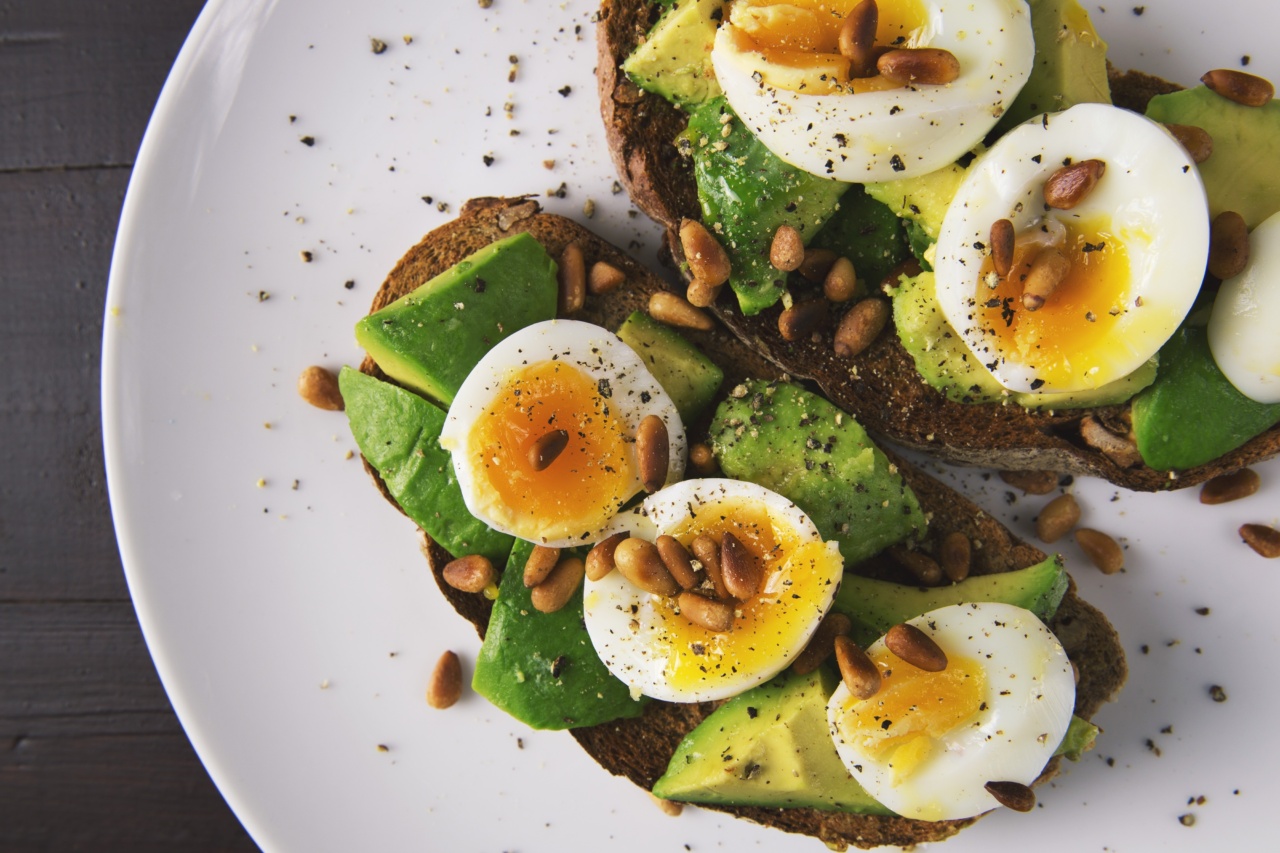Eggs are a staple in many diets around the world and are known for their nutrient-rich profile. They are a great source of high-quality protein, vitamins, and minerals.
However, there has been some debate about the maximum amount of eggs one can consume per day for a healthy heart. This article explores the topic and provides insights into the recommended intake of eggs for cardiovascular health.
The Nutritional Value of Eggs
Eggs are a powerhouse of essential nutrients. They contain high-quality protein, healthy fats, vitamins, and minerals. One large egg typically provides around 6 grams of protein, which is vital for muscle growth and repair.
Eggs also contain essential amino acids, which our bodies cannot produce on their own. These amino acids are important for various functions in our body, including the production of enzymes, hormones, and antibodies.
Furthermore, eggs are a rich source of vitamins such as vitamin A, vitamin B12, and vitamin D. They also contain minerals like iron, selenium, and phosphorus, all of which play a vital role in maintaining overall health.
Eggs and Heart Health
For many years, eggs were demonized due to their cholesterol content. One large egg contains approximately 186 milligrams of cholesterol, primarily found in the yolk.
Cholesterol is a waxy substance that is produced naturally in our bodies and is also found in certain foods. High levels of cholesterol in the blood have been linked to an increased risk of heart diseases.
However, research in recent years has challenged the notion that eggs are detrimental to heart health. It is now believed that the cholesterol present in eggs does not have a significant impact on blood cholesterol levels for most people.
Studies have shown that for the majority of individuals, consuming eggs in moderation does not negatively affect heart health.
In fact, eggs can be a part of a heart-healthy diet when consumed in the context of an overall balanced and varied eating plan.
Recommended Egg Intake for Heart Health
While eggs can be included in a heart-healthy diet, it’s important to be mindful of the overall dietary pattern and individual health conditions.
The American Heart Association (AHA) recommends that individuals with normal LDL cholesterol levels limit their dietary cholesterol intake to 300 milligrams per day.
Since one large egg contains 186 milligrams of cholesterol, this means that most people can safely consume eggs daily without exceeding the recommended limits.
However, for individuals with diabetes or heart diseases, it is advised to consult with a healthcare professional to determine the appropriate intake of eggs and cholesterol.
Additionally, it’s crucial to consider the method of egg preparation. Fried eggs or recipes that include high amounts of added fats may add unnecessary calories and unhealthy fats to the diet, which can negatively impact heart health.
Other Factors to Consider
While eggs can be part of a heart-healthy diet, it is essential to consider the overall dietary pattern and lifestyle choices.
For example, individuals who consume a diet high in saturated and trans fats, sugary beverages, and processed foods may still be at a higher risk of heart diseases, even if they moderate their egg intake.
Other lifestyle factors, such as physical activity levels, smoking habits, and stress management, also play a crucial role in maintaining cardiovascular health.
Eggs in a Balanced Diet
When considering the maximum amount of eggs per day for a healthy heart, it’s important to remember that a balanced and varied diet is key.
Eggs can be included as part of a nutritious meal alongside other heart-healthy foods. Pairing eggs with whole grains, vegetables, and fruits can provide a well-rounded combination of essential nutrients and fiber.
It’s also important to diversify protein sources in the diet. While eggs are an excellent source of protein, incorporating other lean sources such as poultry, fish, legumes, and nuts can provide a wider range of nutrients.
Conclusion
Eggs can be enjoyed as part of a heart-healthy diet when consumed in moderation and as part of an overall balanced eating plan.
The cholesterol content in eggs is not a significant concern for most individuals, but those with specific health conditions should consult with a healthcare professional.
Remember to also consider other factors that contribute to heart health, such as maintaining a healthy weight, being physically active, and reducing the intake of unhealthy fats and added sugars.
Eggs can be a nutritious and versatile addition to a balanced diet, providing essential nutrients to support overall well-being.



























